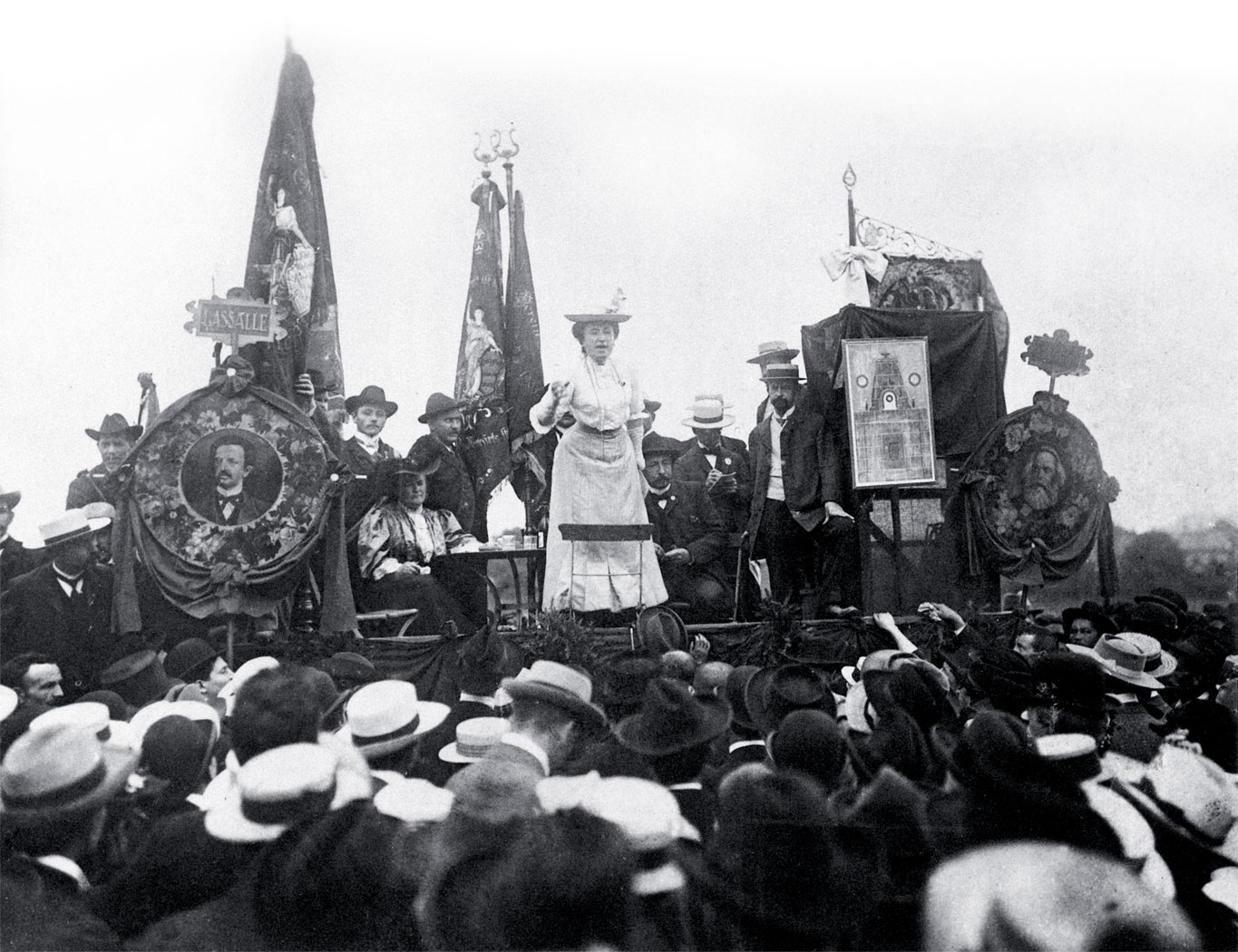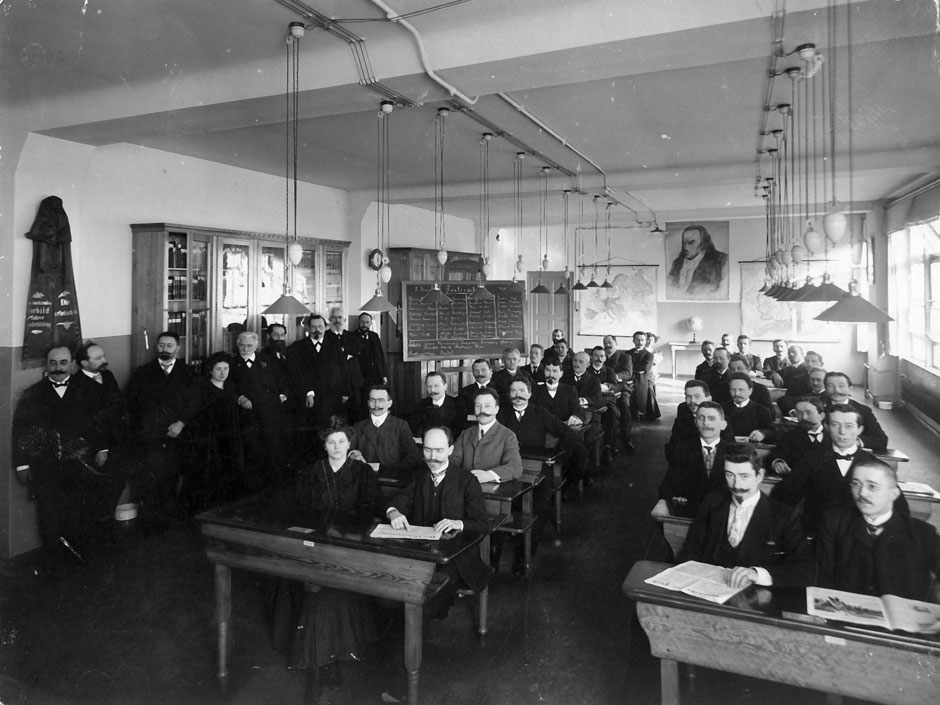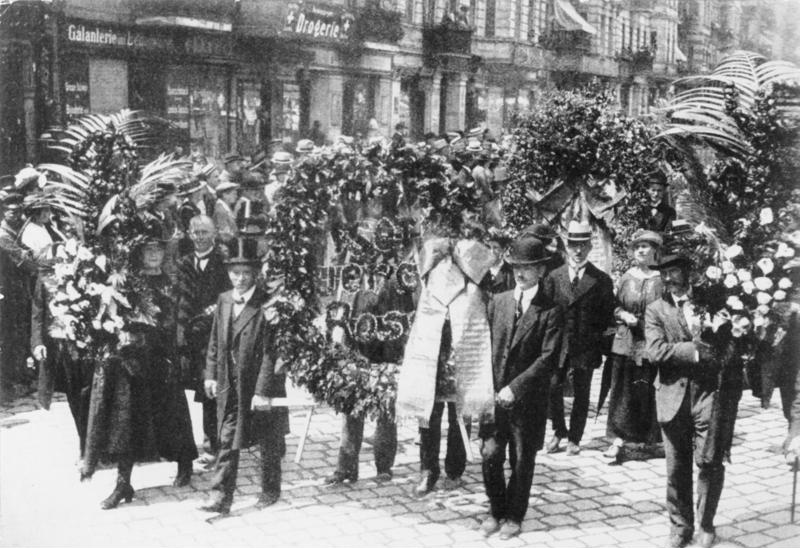Rosa wrote several important books, pamphlets, articles and speeches that became very important in the revolutionary canon. First and foremost, she wrote Social Reform or Revolution, her first intervention into the political sphere, in which she argued that we need to agitate for worker reforms, be it the eight-hour day or the abolition of child labour, but also that we must insist on revolution.
In 1913, she published another major work called The Accumulation of Capital. In this work, she tied together the causes of anti-capitalism and anti-imperialism. That wasn’t a very prominent position at the time, and she was a leftist outlier even in her own party, the SPD. Rosa argued that capitalism sustains imperialism, and vice versa, and that capitalism will seek non-capitalist markets to expand into. Hence, imperialism is what prevents a worldwide revolution of all workers from happening.
Rosa also edited the work of Korolenko, a famous Russian author of her time. She was interested in culture, and she understood the connection between culture, politics and social affairs. She also wrote a number of agitation fliers and pamphlets.
She was incredibly short, and yet her force in language was very strong, so she was a captivating speaker and managed to hold the crowd’s attention through her talent. One of her most famous texts is a text she wrote a day before she was murdered, called Order Prevails in Berlin. In these final words, she wrote: ‘Tomorrow the revolution will “rise up again, clashing its weapons,” and to your horror it will proclaim with trumpets blazing: I was, I am, I shall be!’


